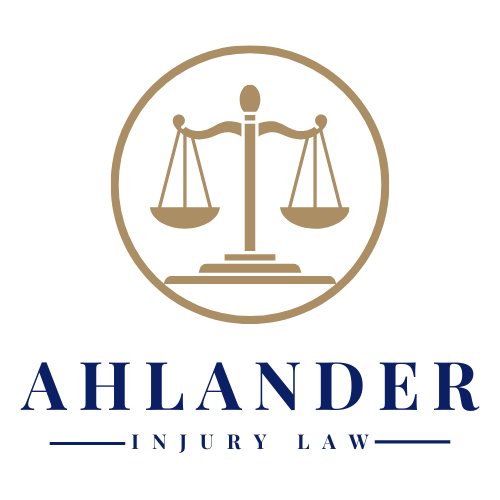The Role of Comparative Negligence in Injury Cases
The complexities of personal injury cases can have a profound influence on their outcomes, one such factor being comparative negligence. Comparative negligence is an established legal standard used to determine each participant’s level of fault in an accident, as well as the ensuing damages and injuries that result from it. In this article, we will delve deeper into how your own actions may impact any case where comparative negligence becomes relevant.
What is comparative negligence?
Comparative negligence is an important legal concept employed in personal injury cases to apportion blame. It allows the court to allocate fault between a plaintiff who has suffered harm and a defendant being sued for damages, with some states using it as a defense argument that the injured party’s actions contributed to their own injuries.
How does comparative negligence work?
Comparative negligence can be applied in one of two ways: pure comparative negligence or modified comparative negligence. In a pure comparative negligence state, the plaintiff can recover damages even if they are 99% at fault for their own injuries, but their award will be reduced by their percentage of fault. For example, if a plaintiff is found to be 50% at fault for their own injuries, they will only be able to recover 50% of their total damages.
In a modified comparative negligence state, the plaintiff can only recover damages if they are found to be less than a certain percentage at fault (usually 50%). If they are found to be more than that percentage at fault, they cannot recover damages at all.
How can your own actions impact your case?
If you’re engaged in a personal injury case , your actions before the accident could have an impact on the result. For example, if you get into a car crash and it’s determined that you were texting while driving, partial liability for your injuries can be assigned to you–which will likely decrease whatever compensation is given to you.
If you have been hurt on someone else’s property, it is possible to reduce your damages if liability can be established. However, if evidence shows that you were trespassing or being careless when the injury occurred, a court may decide that you are partially liable for your own injuries and adjust how much they will provide in compensation accordingly.
It’s important to note that even if you are found to be partially at fault for your injuries, you may still be able to recover damages. However, the amount you are able to recover will be reduced by your percentage of fault.
Comparative negligence is a legal concept that can drastically sway the outcome of any personal injury lawsuit. Therefore, if you are considering filing for a claim after an accident, it’s paramount to comprehend how your own behavior could determine the results of your case. To ensure that all rights and entitled compensation be safeguarded in this process, enlisting assistance from an adept personal injury lawyer would prove beneficial.
The post The Role of Comparative Negligence In Personal Injury Cases appeared first on Ahlander Injury Law.





